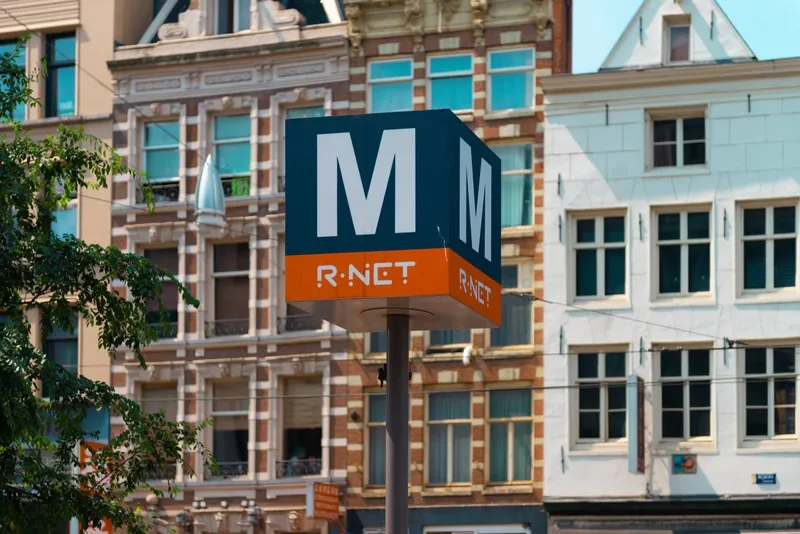
In a statement, the organisation said: "In times like these sharing knowledge and creative ideas and initiatives is even more important."
Intertraffic Amsterdam has been postponed until March 2021 but the first webinar will be held on 21 April - the day the event was due to open its doors.
Hosted by Carlo van de Weijer, mobility expert and general manager of the Eindhoven AI Systems Institute at Eindhoven University of Technology, it will look at Mobility as a Service (MaaS), traffic management and automated driving.
He will interview Aurélien Cottet, MaaS initiatives coordinator at Transdev; Paul Speirs, global head of pre-sales at PTV Group; and Chris de Veer, sector manager, smart mobility, Noord-Holland/Amsterdam Metropolitan Area.
"In post-corona era, will we experience a rapid return in the field of mobility towards long traffic jams, packed trains during rush hour and crowded airports?" asks van de Weijer.
"Or will our experience with conference calls make us finally decide to refuse to go back to blocked traffic? Or will some remaining fear of contamination make public transport and shared cars less popular and make people want to shift to individual modalities such as the bicycle and car? In any case we might see some trends to be leveraged by the crisis."
Register here for the webinar.










